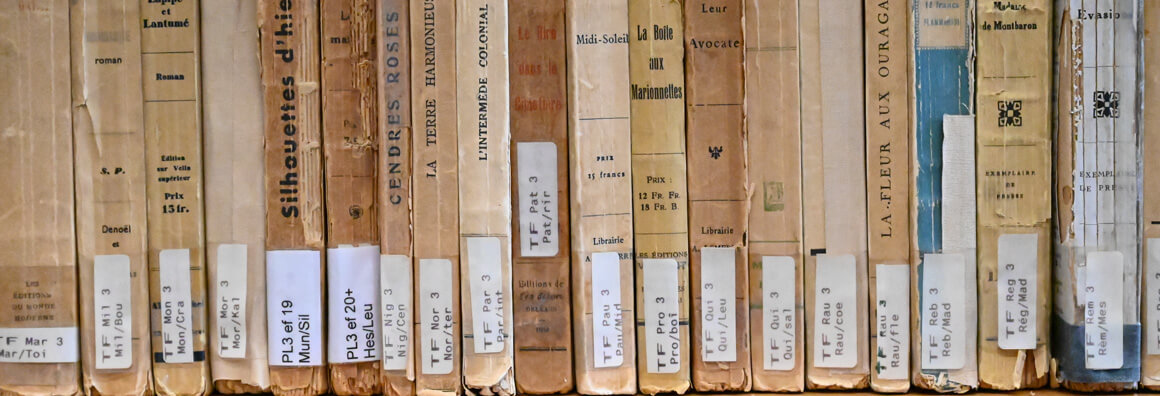Reparatur(en). Verfahren der Wiederherstellung zerstörter Wissens- und Erfahrungsbestände
Issues of “reparation” and “restitution” have long been discussed in the context of West Germany’s so-called Wiedergutmachungspolitik (reparations policy) following the Holocaust, particularly regarding the return and compensation of property belonging to Jews who were persecuted by the National Socialists. The Washington Conference Principles, established in 1998, revived the debate on the treatment of cultural artifacts looted by the Nazis and provided international collections with new guidelines. Later on, the widely discussed report on the restitution of African cultural goods by Felwine Sarr and Bénédicte Savoy (2018), along with the ensuing discussion on the handling of colonial collections at the Humboldt Forum in Berlin. raised awareness among the general public of other regions and historical periods. The overarching question is: Can injustice be made visible and compensated, and if so, how?
The need for a comprehensive sociopolitical understanding of such processes of restitution and compensation has, for example, led to the founding of the Käte Hamburger Centre Cultural Practices of Reparation in Saarbrücken. The Centre studies individual and collective reparations processes in a globalized world from a transmedial and transnational perspective. Their research focuses on cultures of remembrance and historical-political discourses, individual experiences of loss as well as general cultural-ecological issues.
The workshop starts from these debates and research approaches. Before the background of ongoing research projects at the DI and the ZfL, we will discuss different ideas and conceptions, symbolic meanings and practices of provenance research, reparation, and restitution.
Fig. above: Restituted books from the library of Henry Torrès, previously held by the ZfL library, © Dirk Naguschewski
Program
10.30
Welcome and introduction
- Yfaat Weiss (DI)
- Matthias Schwartz (ZfL), Elisabeth Gallas (DI)
10.45
Trauma und Trost
- Florentine Emmelot (ZfL): Trost und (Meta-)Theorie. Ansätze zu einer reparativen Hermeneutik in Hans Blumenbergs Spätphilosophie
- Axel Doßmann (DI, Leibniz Research Alliance “Value of the Past”): Vom autobiografischen Erzählen zum Trauma-Inventar. David P. Boders frühe Interviews mit DPs als rehabilitative Strategie
13.45
Restitution und Provenienzforschung
- Lisa Trzaska (DI, International Research Training Group “Belongings”): Wie repariert man ein Antiquariat? Restitution und Neubeginn in der Korrespondenz jüdischer Antiquare in den Niederlanden ab 1945
- Dirk Naguschewski (ZfL): NS-Raubgut in der ZfL-Bibliothek: Provenienzforschung und Restitution
15.45
Neuanfänge und Rekonstruktionen
- Carolin Piorun (DI): Verwaiste Werke und die heiligste Pflicht. Meylekh Ravitshs Publikationsinitiative und der jiddische PEN-Club nach 1945
- Zaal Andronikashvili (ZfL): Tengiz Abuladzes Film Die Reue als Wiedergutmachung und Restitution
17.15
Closing
